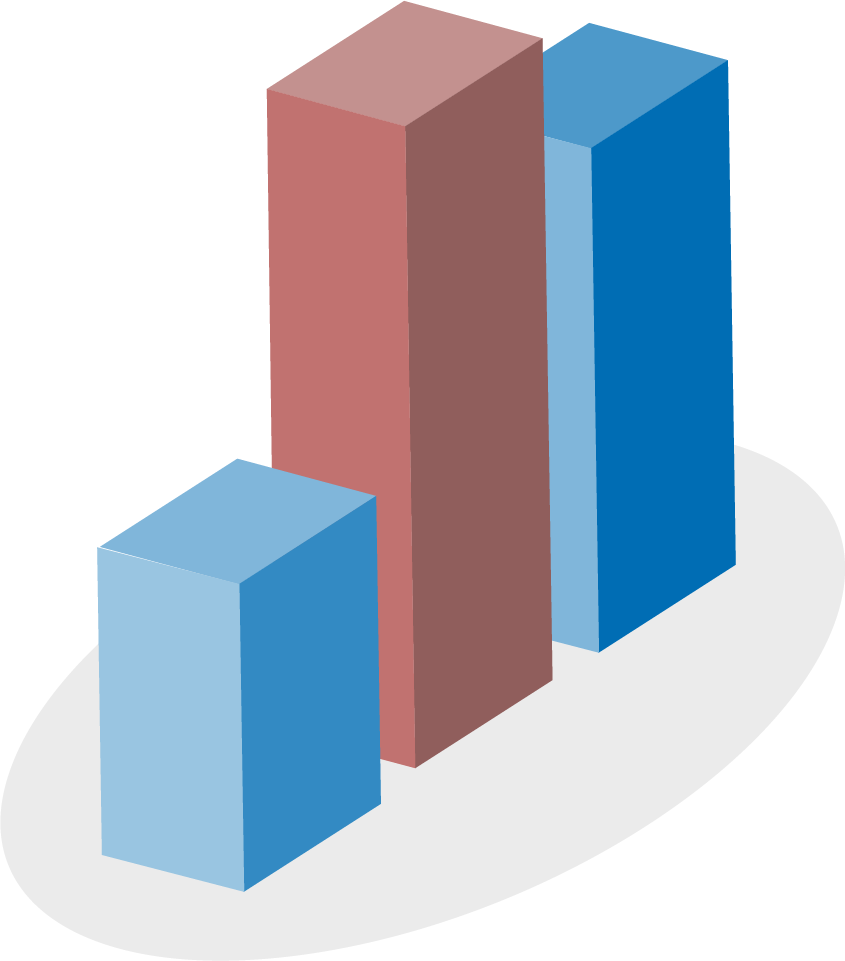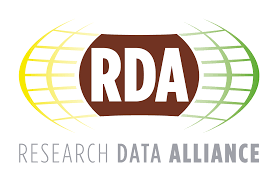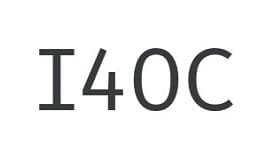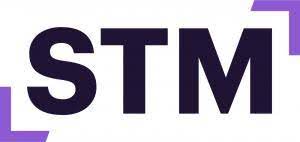Sharing and citing data
It’s becoming increasingly common for researchers to make available the data they’ve collected during their research. Some funders, institutions, and publishers also now require you to share your data. Find out what research data are, why it’s beneficial to share them, and the steps you should take to share your own data.
Please read understanding our data sharing policies for the data requirements you need to follow when you submit to a Taylor & Francis or Routledge journal.
Jump to section
Research data come in many formats
In other words, research data are the underlying evidence that backs up the claims made in your publication.
This means data aren’t only found in spreadsheets. What research data look like varies by discipline and subject area and can include:
Notes, lab books and sketches
Methodologies and protocols
Media: photographs, video, slides, music
Models and algorithms
Gene sequences
Interviews and transcripts
Neuro-images
Software and code
Survey results and test responses
And more…

Benefits to your career
Sharing your data can help fellow researchers and wider society, but it can also benefit you:
Increase the discoverability of your work: making your data available and linking between datasets and published work will help others to find and use your research.
Foster new research partnerships: and opportunities to collaborate with those who access or use your data, across disciplines.
Get your work out early: sharing your data before you are ready to publish a journal article or book helps you to plant your flag in a research area. This can be helped if you publish a data note to accompany your data at this stage.
Get credit for your work: depositing data in a repository that mints a permanent identifier such as a DOI, allows authors and others to cite your dataset.
Increase citations: a study has found that journal articles linking to available data in repositories had up to 25% more citations than those without.
Enhance the credibility of your work: enabling others to scrutinize and replicate your work will help to validate your results and your conclusions.

Jon E. Grahe, Executive Editor of The Journal of Social Psychology
Benefits to the research community
Scrutiny and validation: sharing data improves the robustness of the research process, supporting validation, research transparency, reproducibility and replicability of results. This can in turn, advance discovery and knowledge.
Reuse: sharing data can lead to reuse and discovery, with greater opportunities for carrying out meta-analyses and the extraction of new knowledge. Find out how you can support data reuse when you choose open data.
Reducing waste: if data are made available, other researchers don’t need to spend the time and money duplicating the work.
Preservation: data deposition supports the preservation of data long term.

Benefits to society
Real-world impact: wider public availability of data supports the visibility of research and its translation into education and practice, such as technological innovation and evidence-based policy.
Trust: like other open research practices, the transparency and accountability of data sharing helps maintain public trust in and understanding of the research process.
Despite all these potential gains that can come from sharing data, you may still be unconvinced that it’s right for your research. In our guide to data sharing myths, we tackle 7 of the top reasons why researchers sometimes hold back from sharing their data.
When not to share your data
We support the principle that ‘data should be as open as possible and as closed as necessary’. Although many of the worries that prevent some researchers from sharing their data are unfounded, there are some situations when it wouldn’t be legal or ethical to share your data. These include when:

The sharing of data conflicts with a need to protect personal identities
You do not own the data in question
Data is commercially sensitive or protected by competition laws or market regulation
Release of the data poses a security risk
For more details, please see our introduction to data sharing ethics. If you ever have any doubts about whether it would be right to share a particular dataset, your institution’s research ethics committee should be able to help.
Complying with data sharing policies
Before you make any decisions about sharing your data, check if your institution or research funder have any specific mandates. An increasing number of funders require grant recipients to share the data produced by their research. The Sherpa-Juliet tool may help you identify whether your funder has a data archiving policy.
In addition, publishers now commonly specify how the data associated with your research publication should be made available (see below). If the data sharing policy for your funder and journal differ, you’ll need to follow the more progressive policy, i.e. the policy that encourages a greater level of data sharing.
Please note that even if you choose not to share your data publicly, you may be required to make them available to peer reviewers, to support validation of results in your journal article submission.
Taylor & Francis and Routledge journals
There’s a range of policies used by our journals. From ‘Basic’, which simply encourages data sharing, to the most progressive policy, ‘Open and FAIR’, which requires you to make your data available under a license allowing re-use. Before submitting your article, check the Instructions for Authors for the journal you are submitting to, to find out which data policy applies.
Routledge and CRC Press books
Our books data sharing policy encourages authors of all new books and chapters to share and make data available according to FAIR principles. Authors are further encouraged to cite data and include a data availability statement in their publication.
F1000Research open science platform
The F1000Research open science platform has an open data policy. Every article should include citations to repositories that host the data underlying results, together with details of any software used to process these results. You can find out more about F1000Research’s policies in their data guidelines.

Our step-by-step guide outlines how you can effectively share your data and what to consider along the way.
One of the key stages is selecting a data repository, an online platform where you can deposit datasets associated with your work. Some repositories are subject-specific while others are generalist. They also vary in terms of the features they offer and any costs. For more details, read our guide to repositories.
You’ll need to decide whether you want to choose open data. You can do this by applying an open license which allows others to reuse your data and helps to maximize the impact of your research. Some of our journals and platforms require you to make the data associated with your article open, however we encourage you to consider choosing open data wherever you submit.
Consider the FAIR Data Principles when depositing data. FAIR data is Findable, Accessible, Interoperable, and Reusable.
Once you have shared your data in a repository, include a Data Availability Statement in any articles you publish based on that data, explaining where and under what conditions your data can be accessed.

You may also choose to publish a data note: a peer-reviewed article type in which you explain how your data was collected, analyzed, validated, and any conditions of use.

When you’re writing a journal article, you need to make sure that you properly cite any data you’ve used, whether it’s your own dataset or someone else’s.
Taylor & Francis supports the Force 11 Joint Declaration of Citation Principles which recognize data as important, citable products of research, and that data citations should be both understandable by humans and machine-readable (i.e. can be read and processed by a computer).
Citing data is important because it:
Makes sure you give credit to the individual or group who generated the data.
Helps the reader identify and find the data.
Promotes data reproducibility, enabling others to replicate and verify research results.
Facilitates collaboration for researchers to reuse and build on research findings.
Helps track the impact and reuse of datasets.
Increases the discoverability of your research by enabling anyone reading the article to locate the dataset.
Read our guide to citing data to find out what to include in data citations.
Frequently asked questions
Sharing data is a new practice for many researchers, with additional terminology and processes to get used to. To help you navigate these complexities we’re building a bank of answers to the questions we’re often asked.
If there’s something you want to know, hopefully you can find the answer in our FAQ. If there’s anything that’s missing or unclear, please drop us an email at: [email protected].

Data sharing initiatives and organizations
If you’re interested in finding out more about data sharing or perhaps even helping to advocate for greater openness in this area, there is a wide range of groups to consider. Here are a few that Taylor & Francis supports:
Community guidelines
The Center for Open Science TOP guidelines
Created by journals, funders, and societies to align scientific ideals with practices. Read our interview with David Mellor from the Center of Open Science to find out more.
Enabling FAIR Data commitment statement
A FAIR data project designed to advance the earth, space and environmental sciences towards open and FAIR sharing of research outputs. Find out about the Taylor & Francis journals that have introduced a FAIR data policy.
FORCE11 Joint Declaration of Data Citation Principles
A set of guiding principles to help make data FAIR (findable, accessible, interoperable and reusable), maximizing the use of data.
Data sharing initiatives
Research Data Alliance
Taylor & Francis is an organizational member of the Research Data Alliance (RDA); a cross stakeholder community of researchers, librarians, data professionals, publishers and others, who work together to tackle issues related to research data. Members of the Taylor & Francis team are involved in RDA working groups focusing on areas where data intersects with publication of research. These include data sharing policies, repository guidance, and groups on handling specific subject based data.
Open Science Badges
Developed by the Center of Open Science, open science badges are available on a number of our journals. These award authors for contributing to scientific transparency and their efforts to make their research more open, including by choosing open data. Find out how to apply for an open data badge.
Initiative for open citations (I4OC)
We’re part of I4OC, a collaboration between publishers, researchers and organizations to promote access to data on citations that is structured, separable and open. Read more about the benefits.
Metadata 2020
A collaboration that advocates richer, connected, and reusable, open metadata for all research outputs, which will advance scholarly pursuits for the benefit of society.
STM Association Research Data Program
A collaboration of publishers working together to promote data sharing best practices.
Explore related posts
Insights topic: Open research







